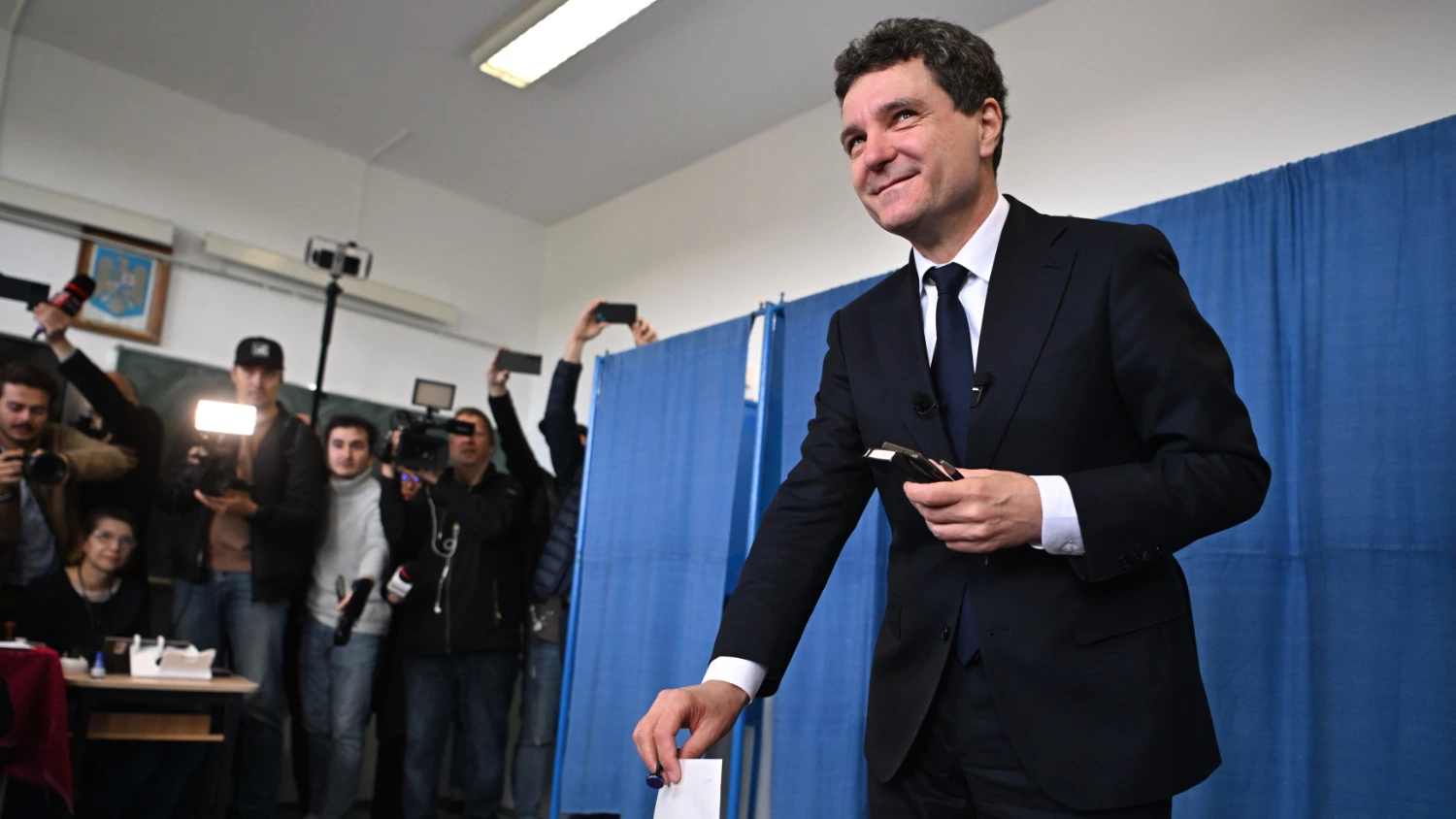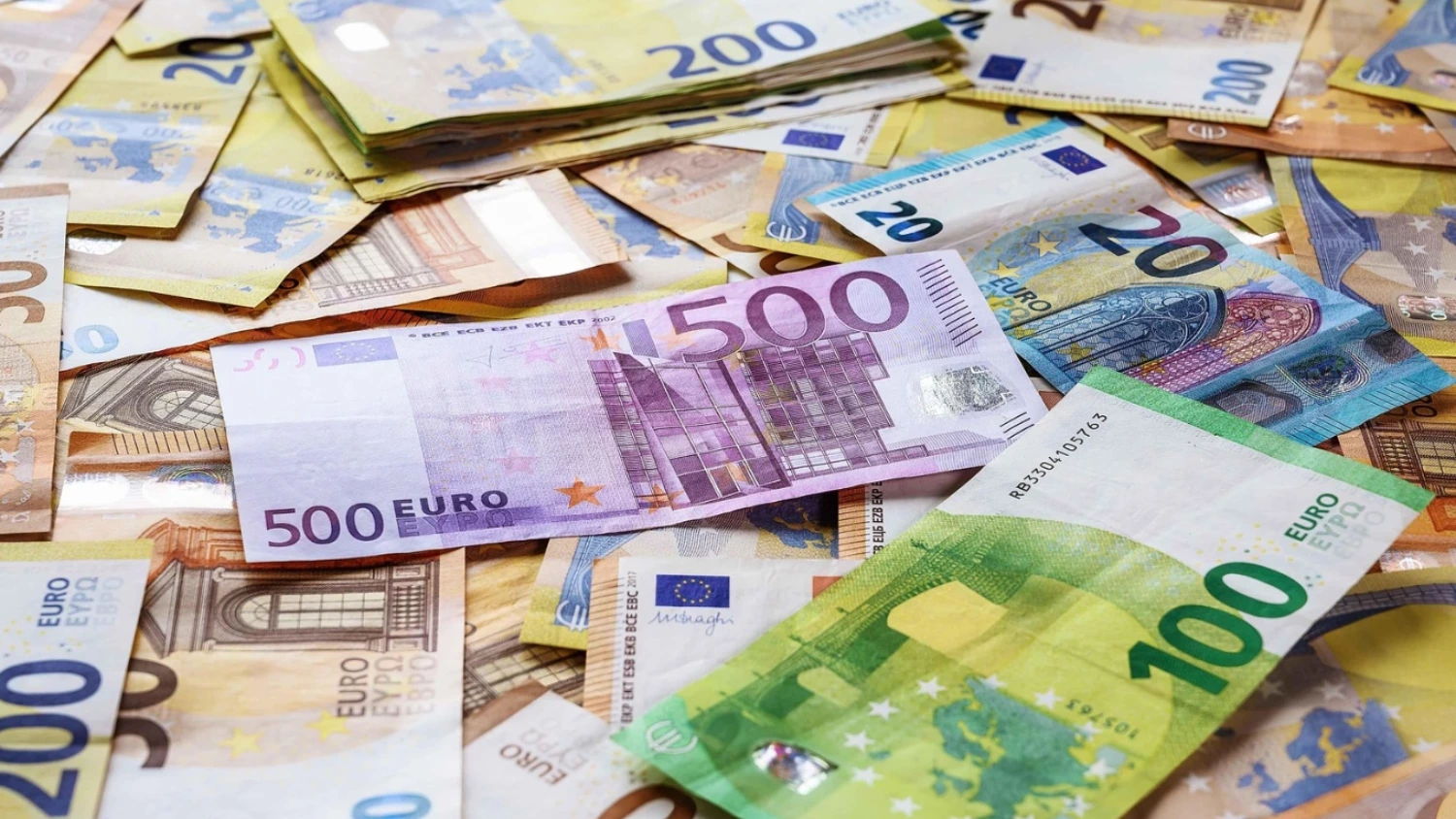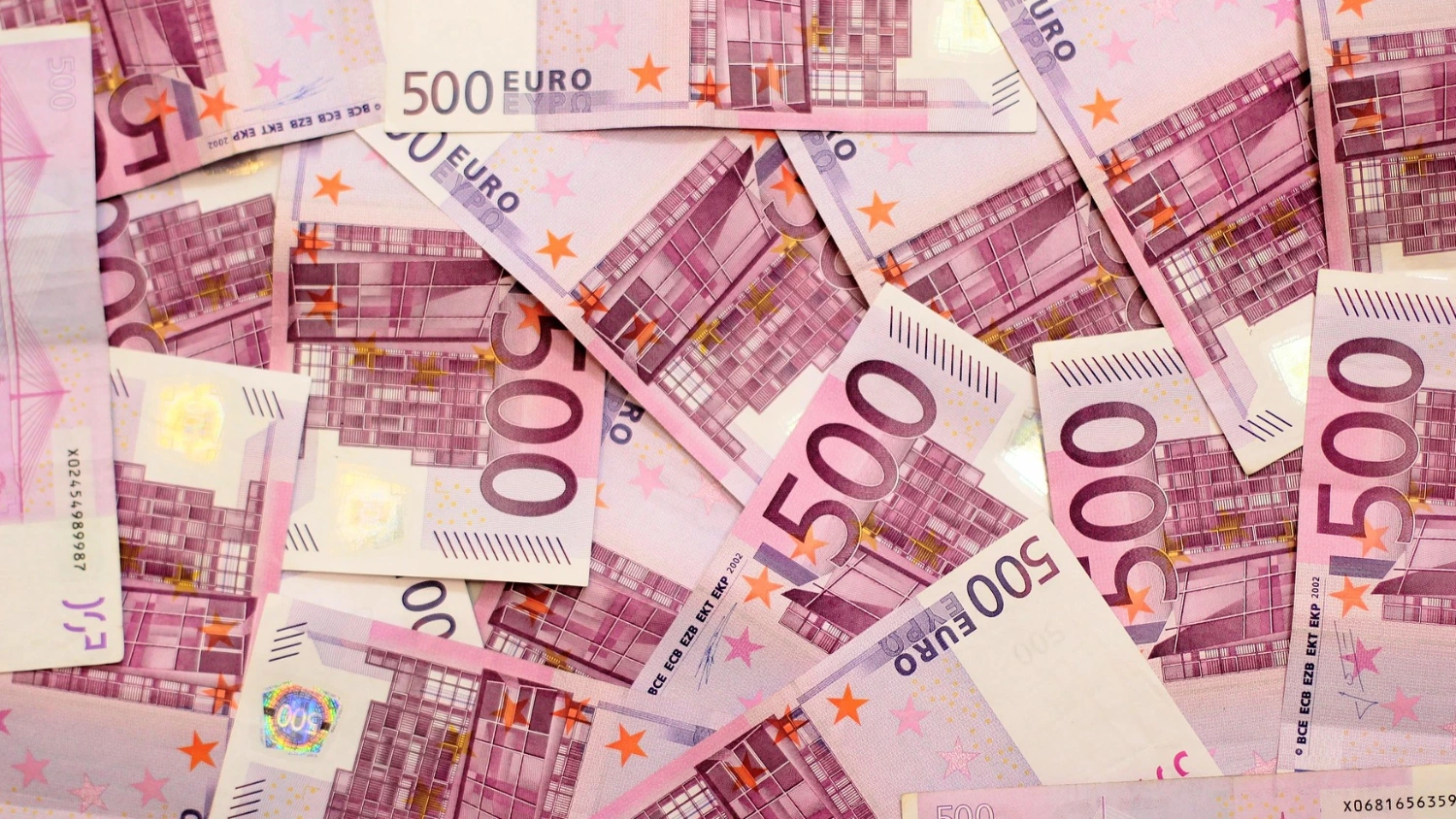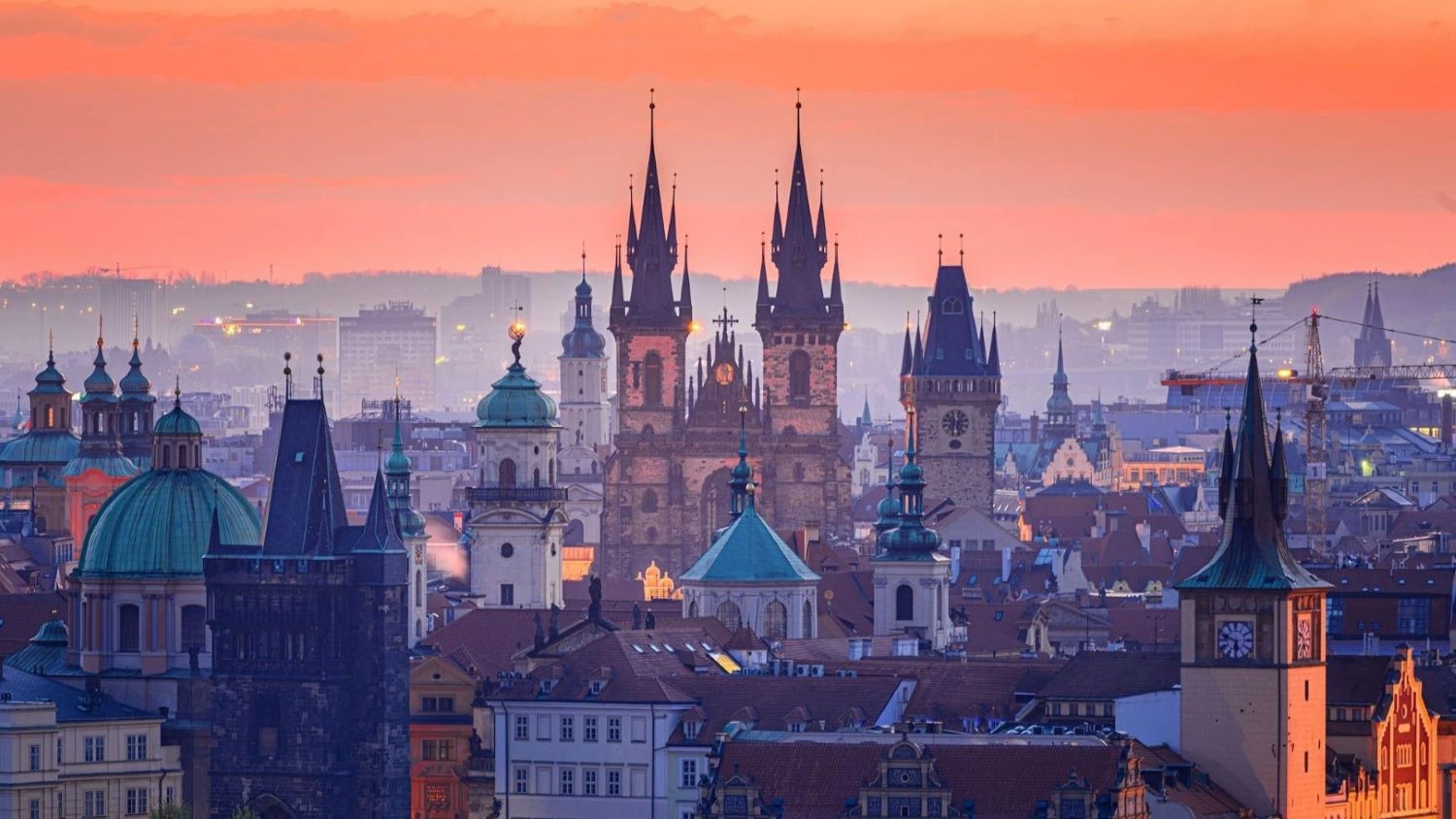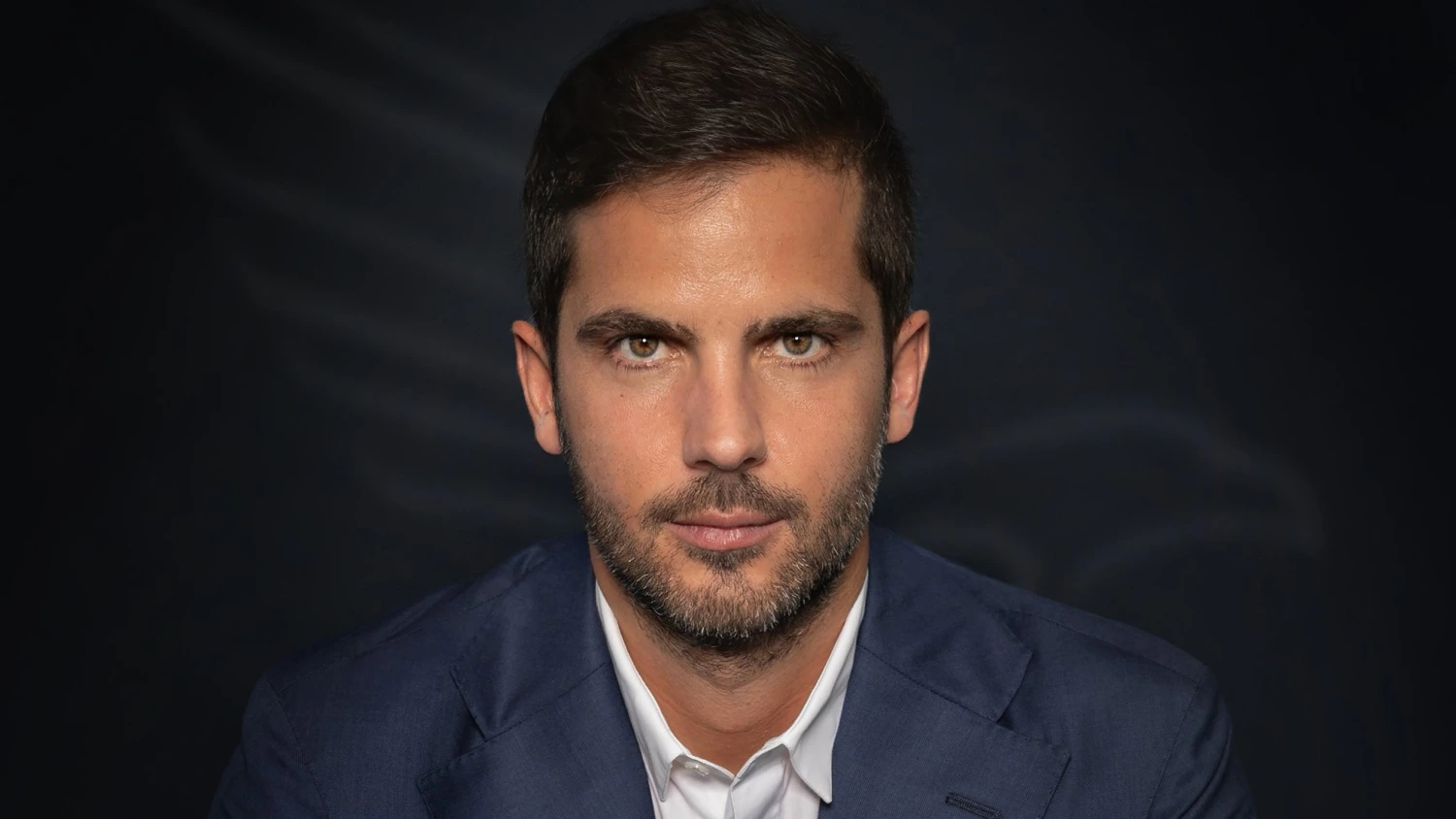To learn more about the potential impacts of the election results on the Romanian economy, join us for tomorrow's Bucharest Business Forum, where we'll explore the future of Romania's business prospects.
Nicușor Dan, the independent and pro-European mayor of Bucharest, secured Romania's presidency by defeating far-right nationalist George Simion with approximately 54.2% of the vote. Dan's victory is seen as a reaffirmation of Romania's commitment to European Union and NATO alliances, especially after a tumultuous political period marked by the annulment of the previous election due to alleged Russian interference.
As mayor, Dan was known for his opposition to unchecked real estate development, advocating for the preservation of Bucharest's historical architecture and urban planning integrity. While specific policies at the national level remain to be detailed, his past stance suggests a cautious approach to real estate development, potentially impacting Romania's growing economy by prioritising regulated urban growth.
In Poland, centrist Rafał Trzaskowski narrowly led the first round of the presidential election with 30.8% of the vote, just ahead of nationalist Karol Nawrocki's 29.1%, according to an exit poll. The close result sets up a June 1 runoff that could determine whether Poland continues on its current pro-European Union course or shifts toward a nationalist, more conservative path.
As mayor of Warsaw, Rafał Trzaskowski has championed sustainable urban development, emphasising green infrastructure and climate resilience. Under his leadership, Warsaw became the first Polish city to implement a comprehensive Green Building Standard for municipal investments, aiming to create environmentally friendly, energy-efficient buildings that are cost-effective to maintain. Trzaskowski has also set ambitious climate goals, including reducing greenhouse gas emissions by 40% by 2030 and achieving climate neutrality by 2050. His approach to urban development focuses on sustainability and environmental responsibility, potentially serving as a model for national policies should he be elected president.

